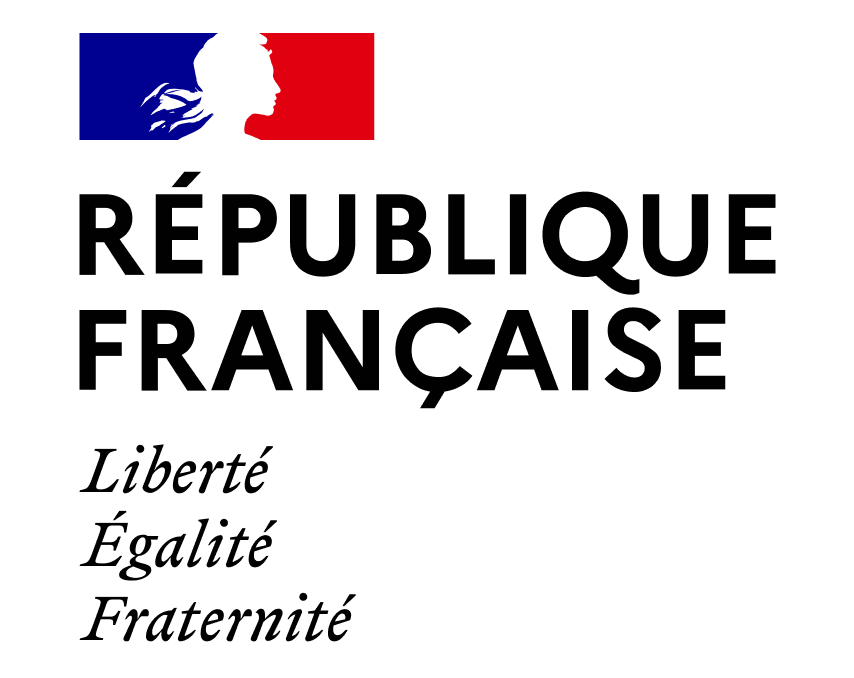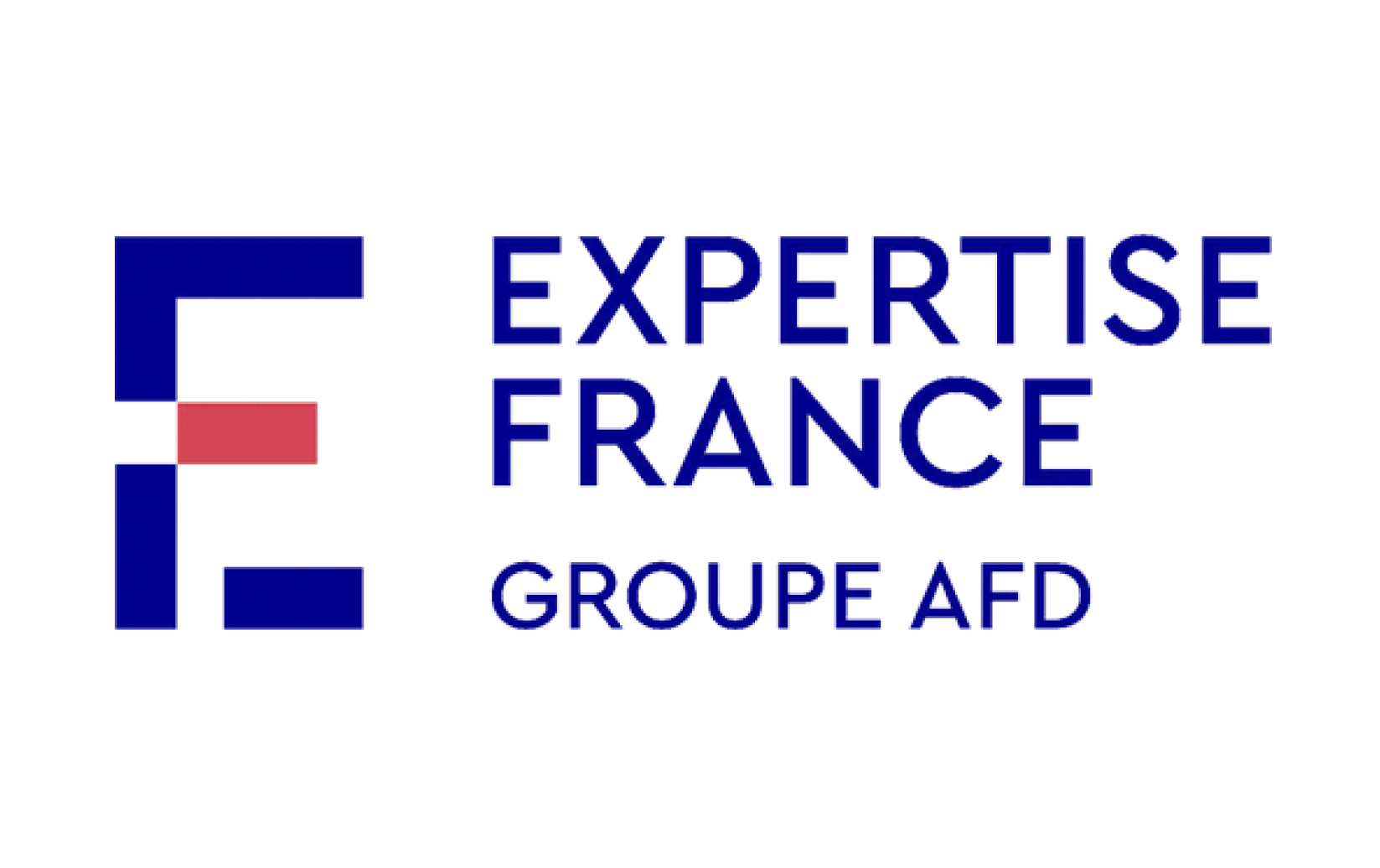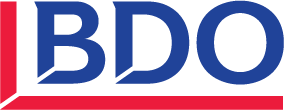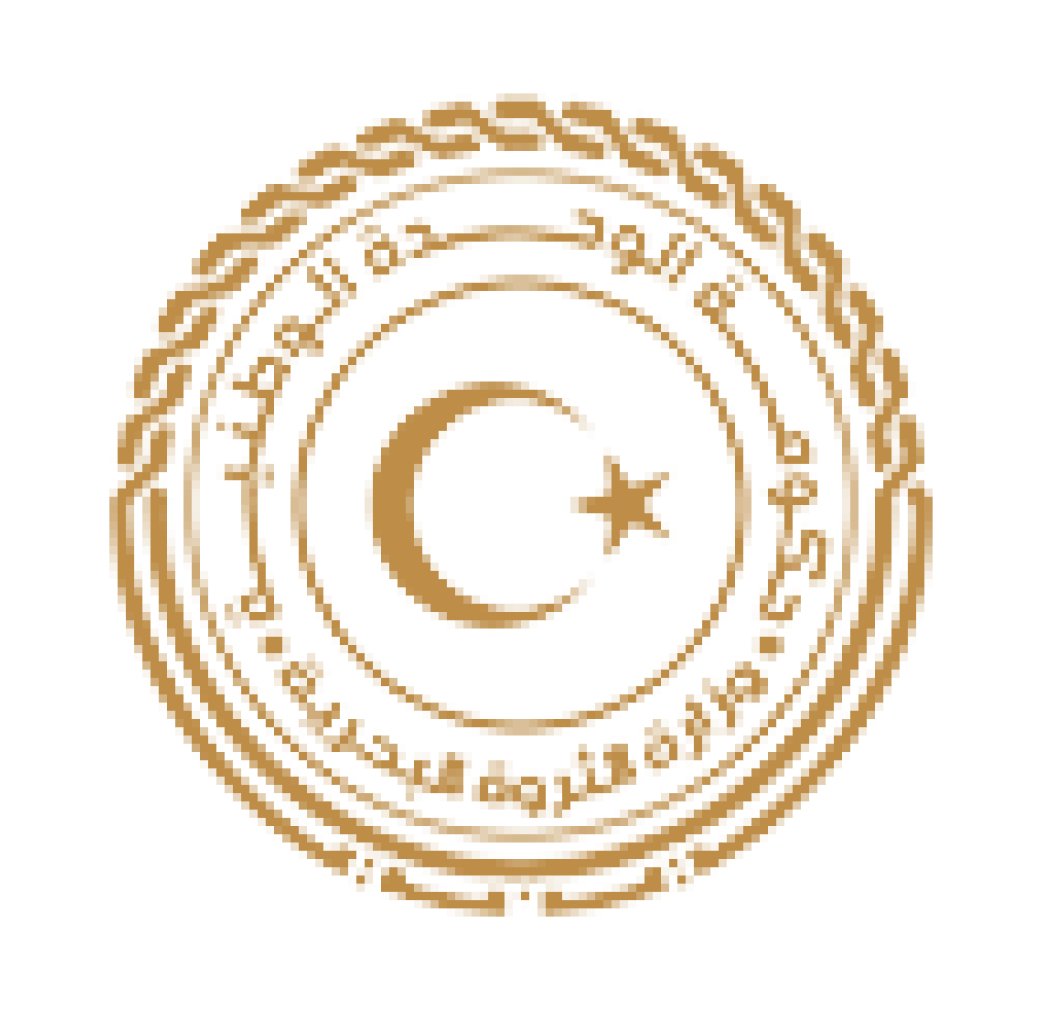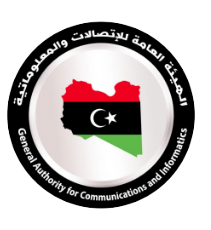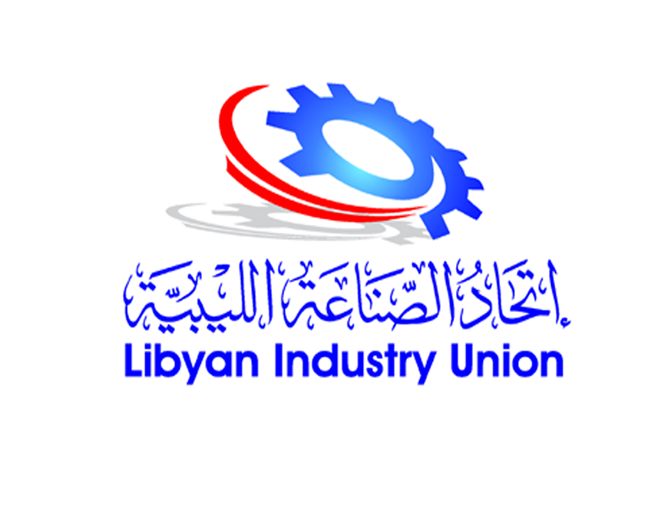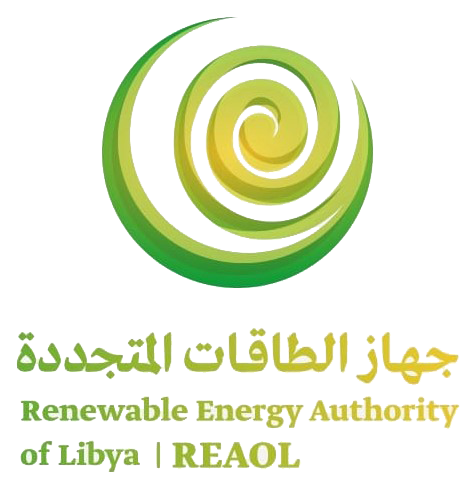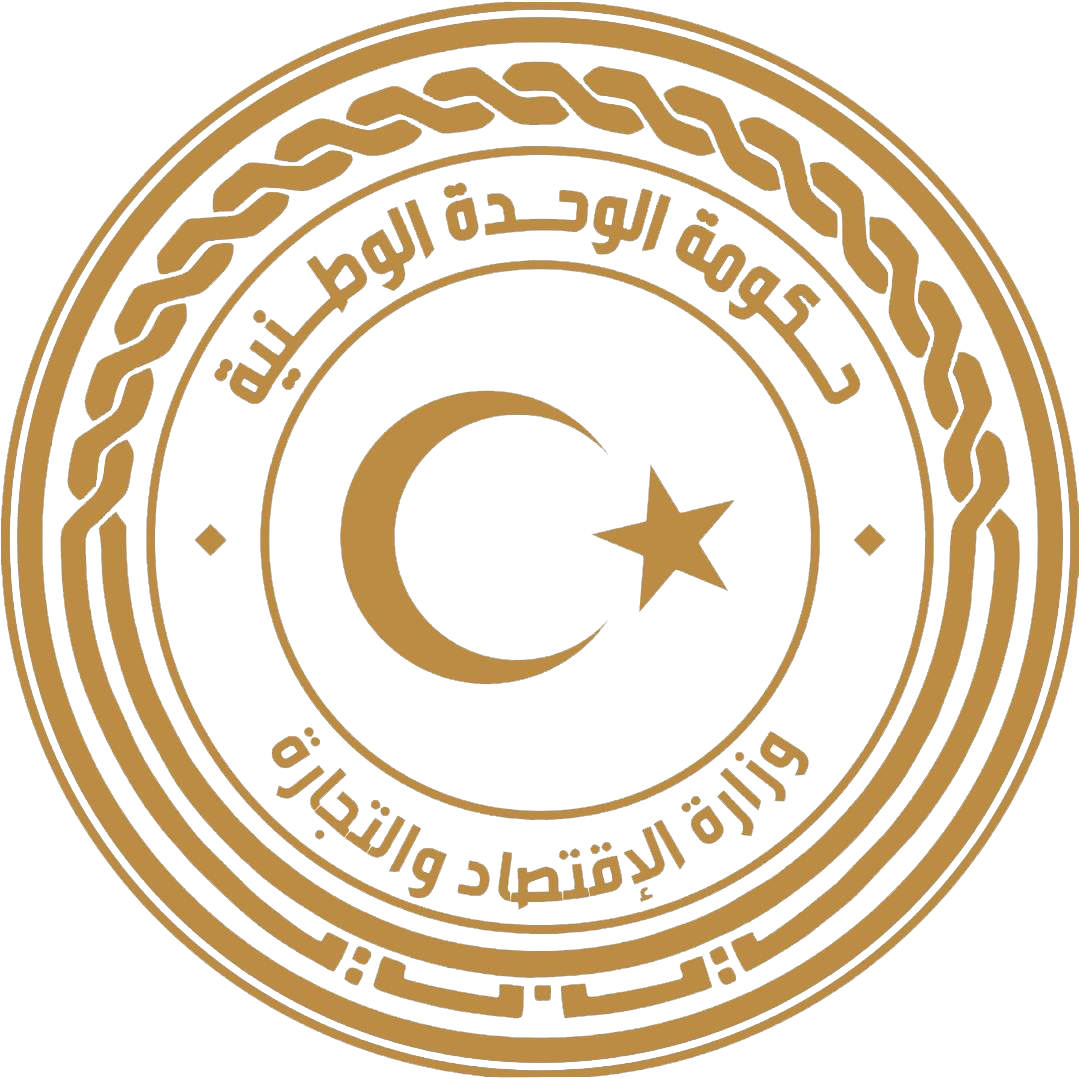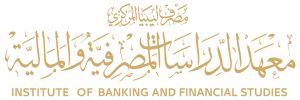About EU4Skills
EU4Skills is a €7.15 million project designed to enhance employability and foster economic growth in Libya. This collaborative effort addresses critical issues such as aligning education and training with job market needs and boosting digital technology use in economic activities. It further focuses on developing applications related to green and blue economies and improving the performance of banking and financial institutions to facilitate access to financing for SMEs.
The EU4Skills project, funded by the European Union, co-funded by the French government and implemented by Expertise France.
The EU4Skills project, funded by the European Union, co-funded by the French government and implemented by Expertise France.
Objectives
The primary goal of EU4Skills is to strengthen the capacity of key economic institutions to cultivate a digitally driven and sustainable economic recovery. By fostering collaboration between the public and private sectors, the project will address critical challenges such as the skills gap, underutilization of digital technologies, and limited access to finance for SMEs. Additionally, EU4Skills will support the development of green and blue economies to create new job opportunities and diversify the Libyan economy.
To achieve this, the project will engage in four key activities:
Strengthen employability governance and mechanisms within the Libyan education system:
endorse an effective employability strategy and ensure graduates possess skills relevant to the job market.
Boost employability and business opportunities by reinforcing digital transformation:
equip Libyans with the digital skills increasingly sought after by employers.
Promote skills development in the green and blue economies:
prepare the workforce for jobs in these growing sectors focused on sustainability.
Enhance the skills and capacities of financial sector actors:
strengthen the financial ecosystem and drive SME inclusion, fostering job creation.
Stakeholders
The European Union
The European Union is made up of 27 Member States, which have decided to gradually pool their know-how, their resources, and their destiny. Together, over a period of over 50 years of enlargement, they have built an area of stability, democracy, and sustainable development, while maintaining their cultural diversity, tolerance and individual freedoms. The European Union is determined to share its achievements and values with countries and peoples beyond its borders. The European Union is the main donor of the EU4Skills project.
Libyan Stakeholders
EU4Skills is collaborating closely with a range of Libyan government bodies, including the Ministries of Economy and Trade, the Ministry of Higher Education and Scientific Research, the Ministry of Vocational Training, the Ministry of Labor, the Ministry of Planning, the General Information Authority, the Central Bank of Libya, and the Institute of Banking and Financial Studies. The project is also engaging with key public and private sector employers to address skills gaps.
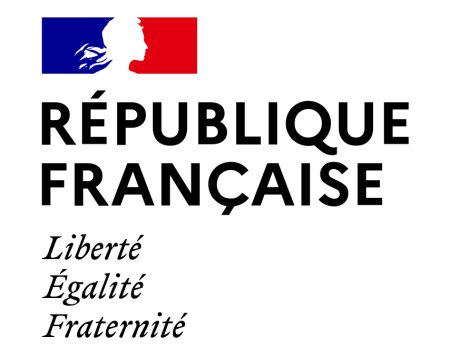
The French Government
France is a significant player in international development and cooperation. It has a long history of engagement in various regions worldwide and a notable emphasis on Africa and the Middle East. France has established itself as a reliable and committed donor and actively participated in global efforts to address pressing development challenges focusing on key areas such as education, health, sustainable development, and governance. The French Government is co-funding the EU4skills project.
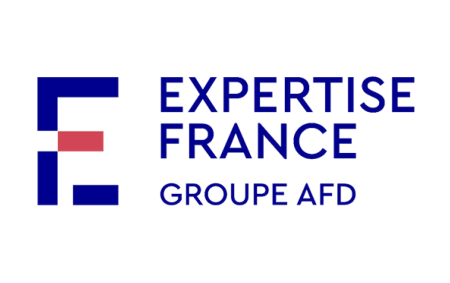
Expertise france
Is the French public agency for international technical assistance. It aims at contributing to sustainable development based on solidarity and inclusiveness, mainly through enhancing the quality of public policies within the partner countries. Expertise France designs and implements cooperation projects addressing skills transfers between professionals. The agency also develops integrated offers, assembling public and private expertise in order to respond to the partner countries’ needs.
Expertise France is implementing the EU4Skills project in Libya.
